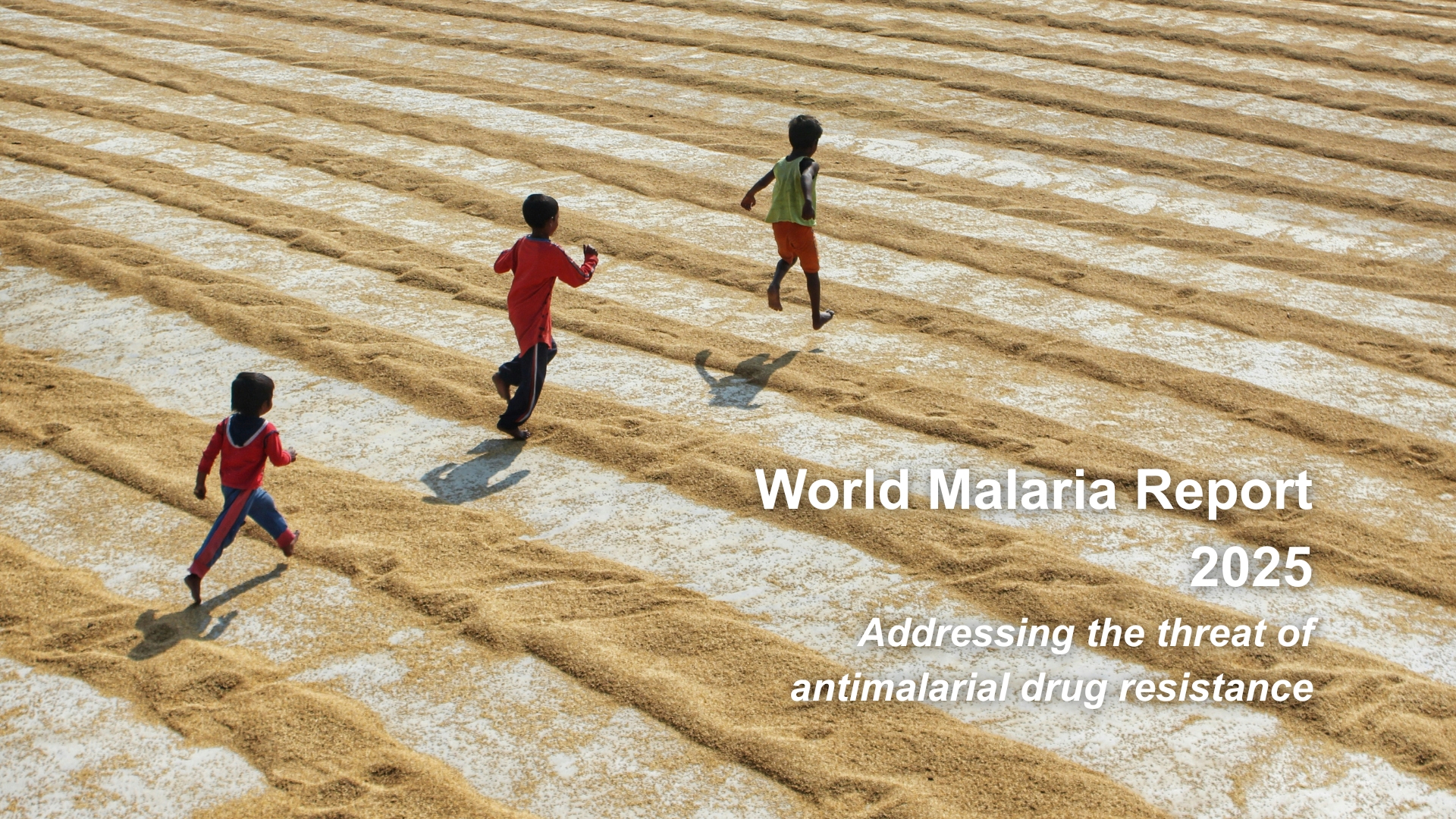
Since 2015, the Leaders’ Dashboard has enabled countries across Asia Pacific to track progress towards malaria elimination targets. After extensive stakeholder consultation throughout 2023 and 2024, the new and improved Leaders’ Dashboard has improved capabilities, interactive features, and functionality to better inform leaders and health experts. This includes:
- Consolidated data incorporating malaria epidemiology, elimination policy, and financing
- Key insights on milestones, gaps, and progress towards malaria elimination by 2030
- Data-driven decision-making to accelerate progress in malaria elimination across Asia Pacific
The goal of the refreshed Leaders’ Dashboard is two-fold:
- To facilitate comparison of relevant metrics between countries with similar disease burdens;
- To delve deeper into specific thematic areas related to malaria elimination.
EXPLORE the new 2023 Asia Pacific Leaders’ Dashboard: aplma.org/ourwork/dashboard
LEARN more about the refreshed Dashboard and new indicators in the 2023 Asia Pacific Leaders’ Dashboard Report
2023 – A Year of Policy Advancement
While 2022 saw a spike in cases across Asia Pacific, 2023 saw renewed efforts from across the region with significant policy advances from seven countries.
- Afghanistan, Cambodia, India, and Pakistan made case reporting from the private sector mandatory, bringing the total number of countries with similar policies in the region to 17.
- Building on strong progress over the years, India took things a step farther, with mandatory case reporting from all providers, as well as legislation to make malaria a notifiable disease within 24-48 hours.
- Afghanistan and Thailand now conduct post-marketing quality surveillance on malaria drugs and other commodities on a routine basis. A regional total of 12 countries with similar policies represents a collective milestone for the region, with more than half the countries in Asia Pacific represented.
- Lao PDR became the 19th country in the region to develop an elimination financing sustainability plan.
- Lao PDR and Viet Nam both significantly increased the number of administrative units free of malaria from, 33% to 85% and 67% to 73% of all districts respectively.
Key Challenges
As of 2023, the Greater Mekong Subregion continues to report malaria cases, despite the aim to eliminate P. falciparum by 2025, and all species of human malaria by 2030. Two countries, Cambodia and Viet Nam, are officially implementing strategies to address the risk of malaria re-importation and re-establishment, and other countries are expected to implement similar strategies as feasible.
While Melanesia has made significant progress towards malaria elimination, only Timor-Leste and Vanuatu have functional elimination task forces, mandatory case reporting from the private sector, or legislation in place to make malaria notifiable in 24-48 hours.
The Way Forward
The Asia Pacific region’s strong commitment to keeping their policies updated and relevant to the current malaria elimination challenges is a cause for optimism: 19 of the region’s 22 countries now have functional elimination task forces, mandatory case reporting from the private sector, and legislation to make malaria notifiable within 24-48 hours. An indication of political will and willingness within the region to invest where necessary, there is every confidence the Asia Pacific will reach its malaria elimination targets.
Read the full report below:
.svg)


.jpg)






